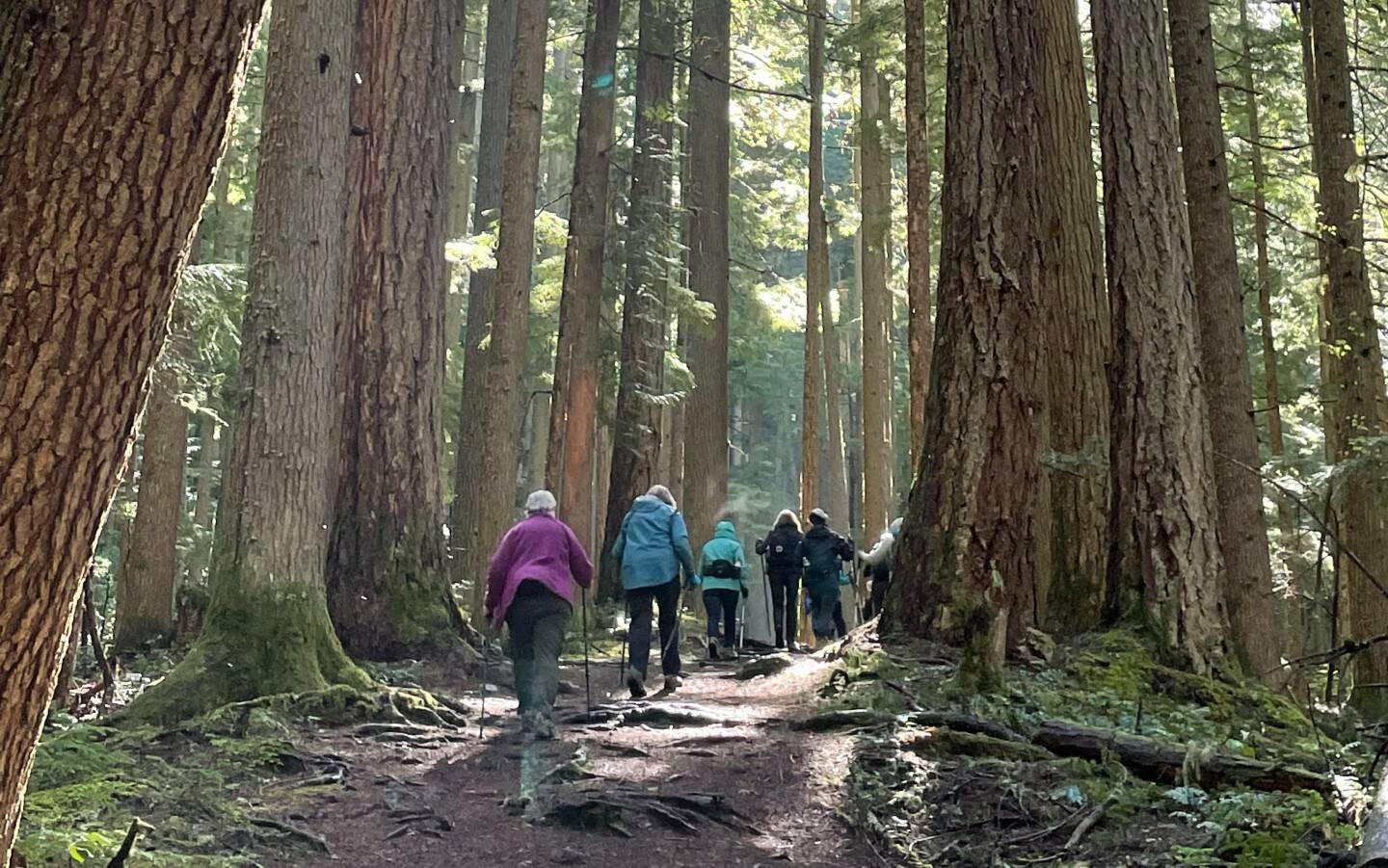Senior centers throughout King County reopened this fall, and the services offered before the pandemic hit in March 2020 are operating about like they did.
Seniors are returning slowly, but not in the numbers directors and staff at those places had hoped for during the long, painful closure, induced by determination of state and local governments to curb its spread.
Auburn’s numbers are down about 33 percent from pre-COVID levels, said Radine Lozier, director of the Auburn Senior Activities Center.
And at the three centers operated by Northshore Senior Centers in Bothell, Kenmore and Mill Creek, the population is down 40 percent, according to CEO Nathan Phillips.
Those stats are typical, and no one can put their finger squarely on the why.
“There are different levels of people with different reasons and needs for coming or not coming,” Lozier said.
Maybe they’ve found other things to do during the pandemic; maybe it’s because of the dearth of new, meet-able faces to replace those lost to attrition during the pandemic; maybe it’s just aging bodies wearing out.
Perhaps most puzzling are all the missing shut-ins, seniors without families or support systems, and seniors with handicaps, once shoe-ins to drop by the center every day to have lunch, hang out with old friends or shoot games of pool. For that set, the centers are a kind of second home, the social meeting place of their community.
For those folks, Lozier and Phillips said, it was even more traumatic to have their social comfort torn away during the pandemic-addled spring of 2020.
Indeed, many social service agencies report checking on people during the height of the pandemic, and finding many seniors who felt isolated because they had no one to talk to, adding to stress-related mental health issues.
“We know it had a big impact on folks because the isolation was so sudden and traumatic,” said Phillips.
It could be, Lozier said, that while all seniors are thankful for the many months of take-out meals that staff in Auburn and up north are still delivering to their homes, or out in parking lots via drive-bys, many seniors won’t return without the hot meals they sat down to eat in center dining rooms not so long ago.
One of the Auburn center’s problems is that Catholic Community Services, which provides lunch programs for many senior centers throughout South King County, won’t allow communal, sit-down lunches in the dining rooms it serves right now because of concerns about COVID-19.
What all comers get instead on weekdays is a cold, boxed lunch, which they eat at separate tables without silverware, plates, glasses and other amenities.
This also affects the Auburn center’s special once-a month Tuesday lunch, which is critical for attracting and keeping seniors keen to the face-to-face, irreplaceable human touch.
“Not to have those special lunches is like 150 people not coming in,” Lozier said. “But when they do come, they are jazzed up, and get excited about meeting people. They have so much fun, it grows on itself.”
Tuesday was Auburn’s Thanksgiving meal, but it couldn’t serve anyone inside.
“We are giving away 16 turkeys, which is about 400 pounds of turkey, and we’ll have 3o0 people here from 11:30 a.m. to 1 p.m., with cars driving by every 15 minutes to pick up their traditional meal and go. But the people in those cars won’t get to interact with each other,” Lozier said last week.
Among its pre-pandemic programs, the Northshore centers, like Auburn, had a dining program that allowed seniors to come in for their meals all week. Because that was no longer possible during the pandemic, again, like Auburn, it switched to a meal-delivery service.
“We haven’t brought back community dining yet,” said Phillips. “We’re following CDC guidance, so we haven’t started back up again with all our programs, including some of our music and athletic programs.”
The big question, Phillips and Lozier agree, is when will they serve hot meals again in their dining rooms?
“I keep asking them,” Lozier said of Catholic Community Services. “I am hoping they resume soon. I keep asking, but they say they don’t know or can’t give us a reason. I haven’t got one yet, anyway.”
“If we can do it safely, we’re trying to start opening it back up,” Phillips said, words that apply equally to Northshore’s three centers.
In the meantime, Phillips said, he and his staff will keep learning lessons as they try to rebuild in a community that has changed since the spring of 2020.
“That means that the way we rebuild our community around people with disabilities and seniors and families in need is going to have to be different. So we’ll keep experimenting and re-engaging as we build back.
“It’s going to take a lot of active re-engagement to get them plugged in with social connections again,” Phillips said.


